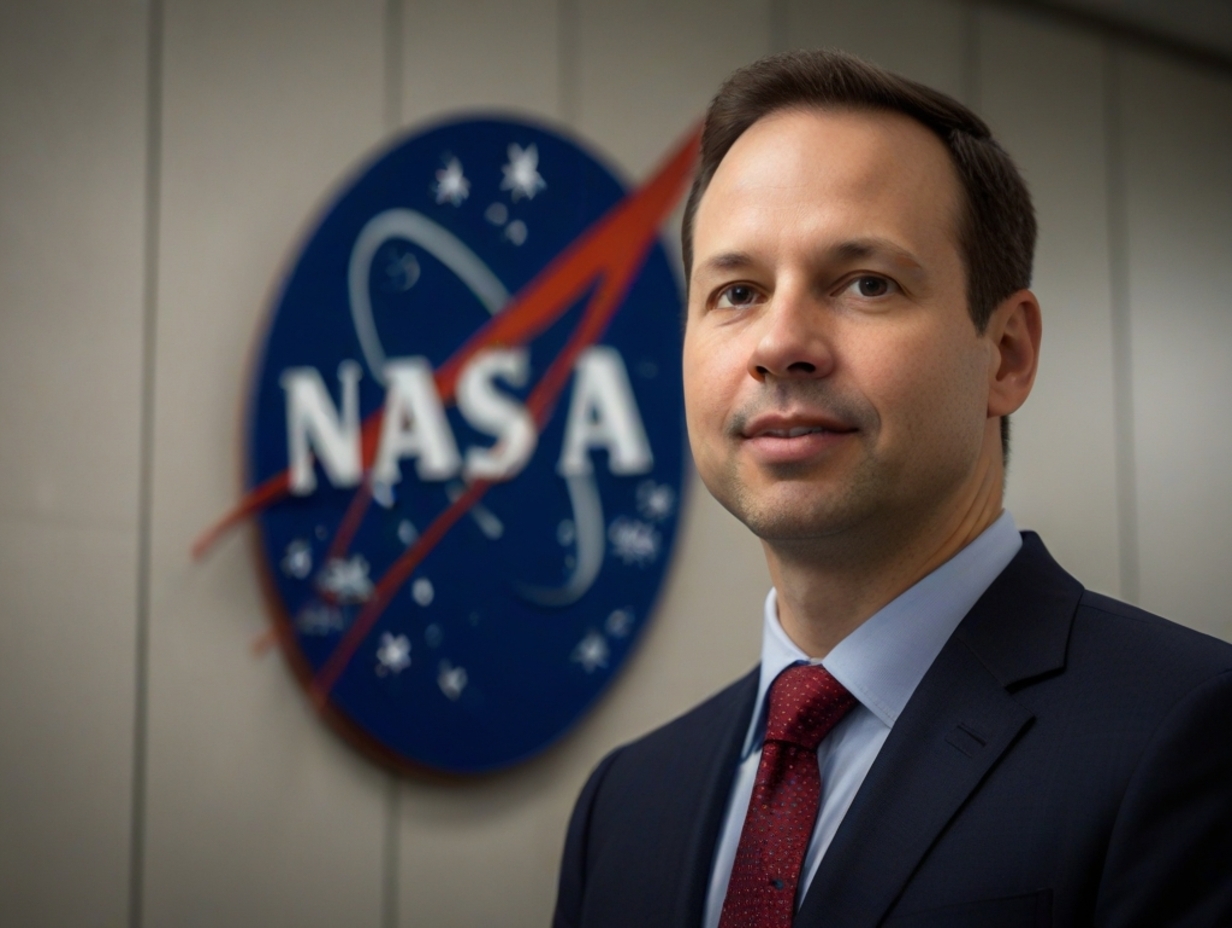As the world commemorates the first anniversary of ChatGPT’s launch, the spotlight intensifies on the multifaceted impact of artificial intelligence (AI) in modern society. As a Large Language Model (LLM), ChatGPT can recognize, summarize, and generate text, revolutionizing how we interact with data and digital communication. Its extensive training on vast datasets, primarily from the internet, enables ChatGPT to form coherent sentences and respond to queries with a degree of sophistication previously unseen in AI technology.
Despite its impressive capabilities, it’s crucial to note that ChatGPT does not truly ‘understand’ the content it processes. Its function is based on predicting word sequences, making it adept at tasks like passing professional exams and coding and susceptible to generating incorrect or made-up information. This limitation has sparked debates among experts and users, highlighting the fine line between AI’s utility and inherent constraints.
AI’s ethical quandaries and societal impact
The rise of ChatGPT and similar technologies has not been without controversy. Instances of bias and discrimination have been noted, raising concerns about the ethical implications of AI. In a notable example, ChatGPT demonstrated racial bias when asked to create a program based on race and gender. This issue has been acknowledged but not fully addressed by its developers. This revelation underscores a significant challenge in AI development: ensuring that AI systems do not perpetuate or exacerbate human biases.
The implications of AI in employment are equally profound. AI’s ability to automate tasks, even those requiring a degree of creativity, has led to fears of widespread job displacement. Companies like BT and IBM are already considering replacing thousands of roles with AI technologies, signaling a major shift in the job market. While some view this as an opportunity for efficiency and growth, others worry about the potential for an employment crisis, particularly in white-collar sectors.
The double-edged sword of AI in cybersecurity and beyond
Another area of concern is AI’s role in cybersecurity. The adaptability and coding prowess of ChatGPT has opened doors for beneficial applications and malicious use. Reports of cybercriminals and hackers using AI to develop malware and conduct cyberattacks have emerged, highlighting the dual nature of this technology. While AI can enhance security measures, it also presents new vulnerabilities that must be addressed.
As we mark a year since ChatGPT’s launch, the conversation around AI has become more nuanced, encompassing its potential for progress and challenges. The debate is no longer about whether AI will impact our lives but how we will navigate its integration into society. This involves technological advancements, ethical considerations, policy development, and public discourse.
ChatGPT’s first year has been a discovery, innovation, and introspection journey. The technology has shown us the vast potential of AI, its limitations, and the ethical dilemmas it presents. Moving forward, it’s imperative that developers, policymakers, and users collaborate to harness AI’s benefits while mitigating its risks, ensuring a future where technology serves humanity, not the other way around. The next steps in AI’s evolution will require careful consideration, creativity, and a commitment to ethical principles as we explore this new frontier.





